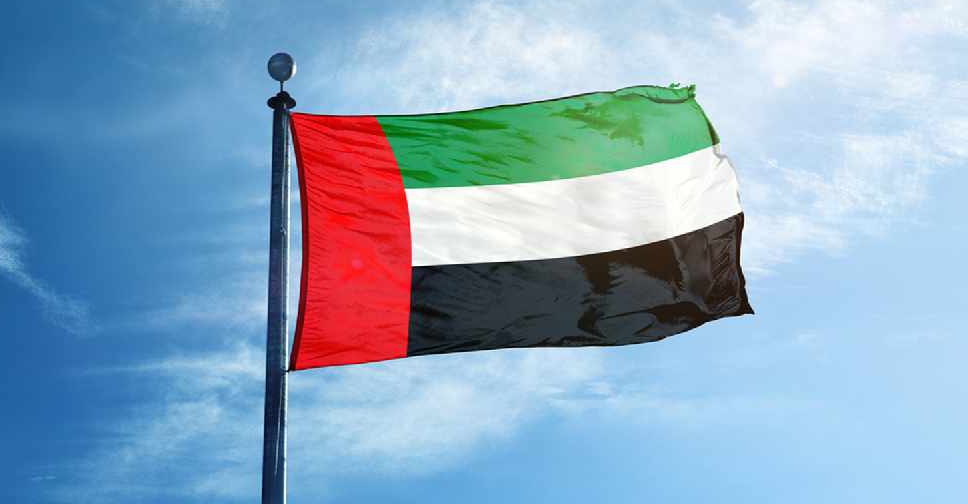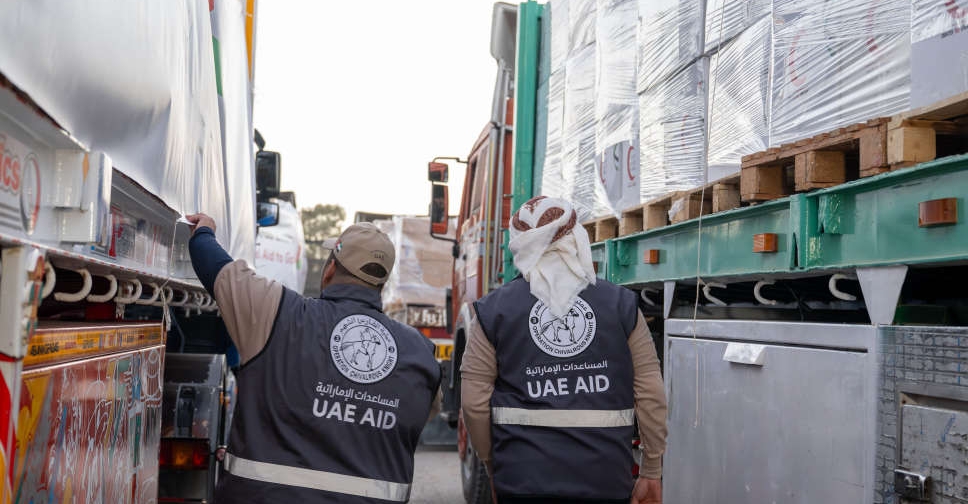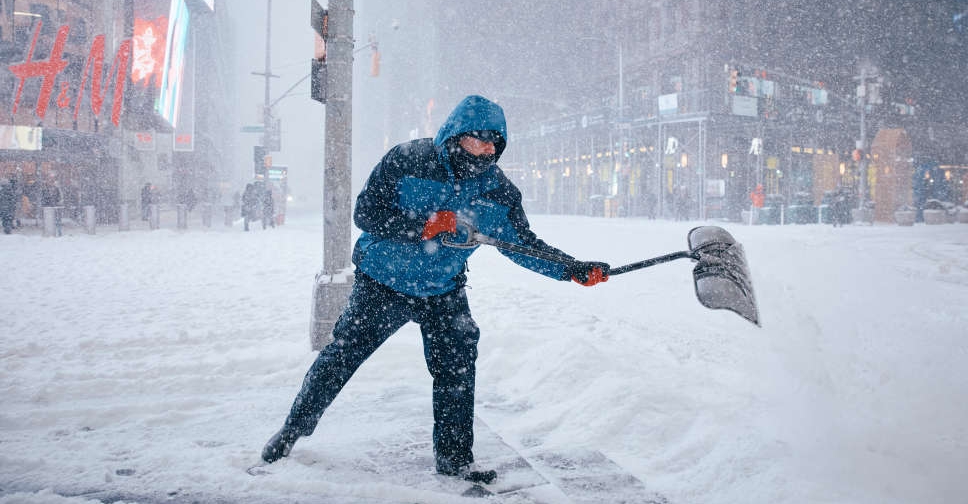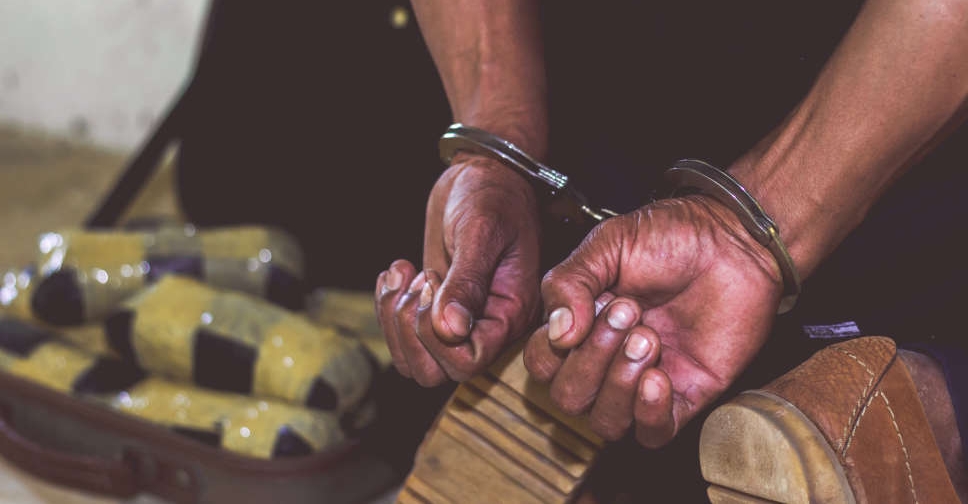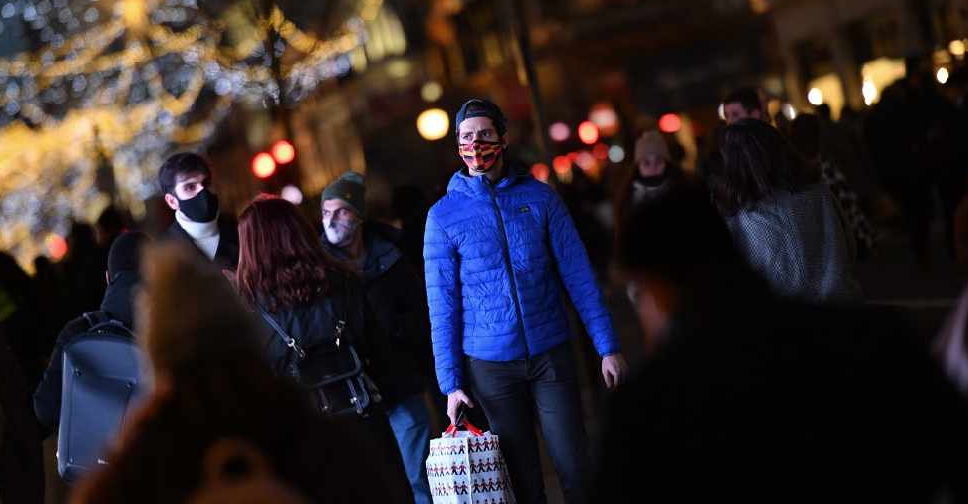
London is likely to be placed into the toughest tier of COVID-19 restrictions following a sharp rise in coronavirus rates, the BBC reported on Monday.
Earlier this month, the government implemented a tiered system of restrictions to try to keep a second wave of the virus under control following a month-long lockdown. More than 40 per cent of citizens were placed in the highest risk category.
The British capital, however, is currently only in the second highest tier of restrictions, with a review scheduled to take place on December 16.
The main difference between the two is that bars and restaurants, which can stay open under certain conditions in tier two, must close their doors in tier three and can only operate takeaway services.
There are also additional restrictions on socialising.
Last week the government raised concerns about the spread of the virus in London schools and announced a programme of mass testing. On Sunday one region of the capital unilaterally decided to close its schools altogether.


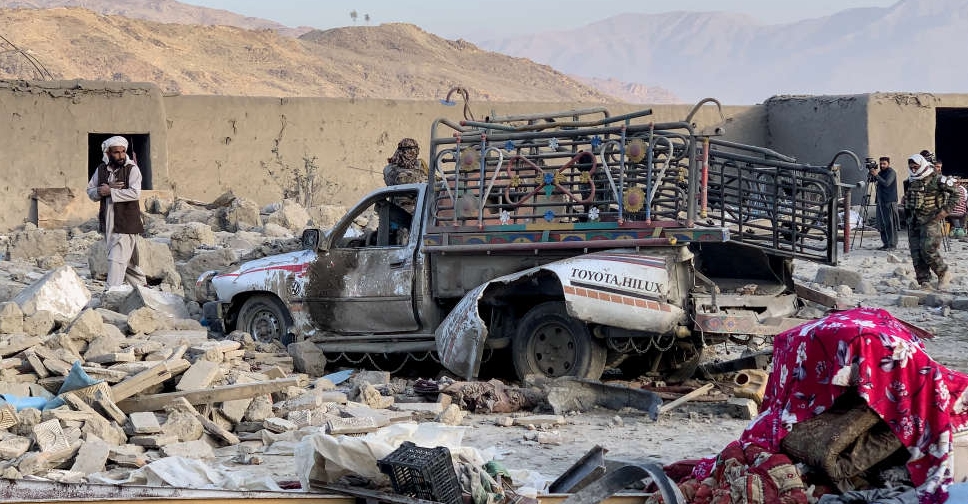 Afghanistan says Pakistan strikes kill and injure dozens
Afghanistan says Pakistan strikes kill and injure dozens
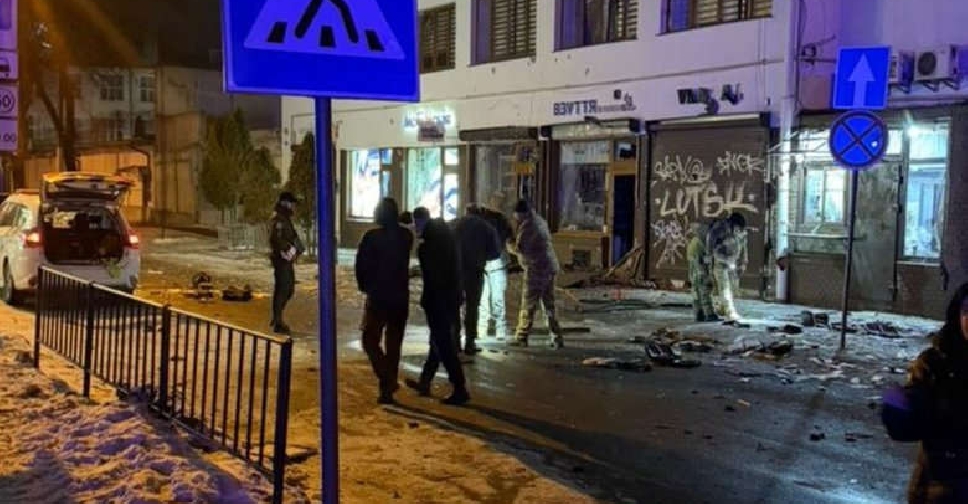 Police officer killed, dozens injured in bomb explosions in Ukraine's Lviv
Police officer killed, dozens injured in bomb explosions in Ukraine's Lviv
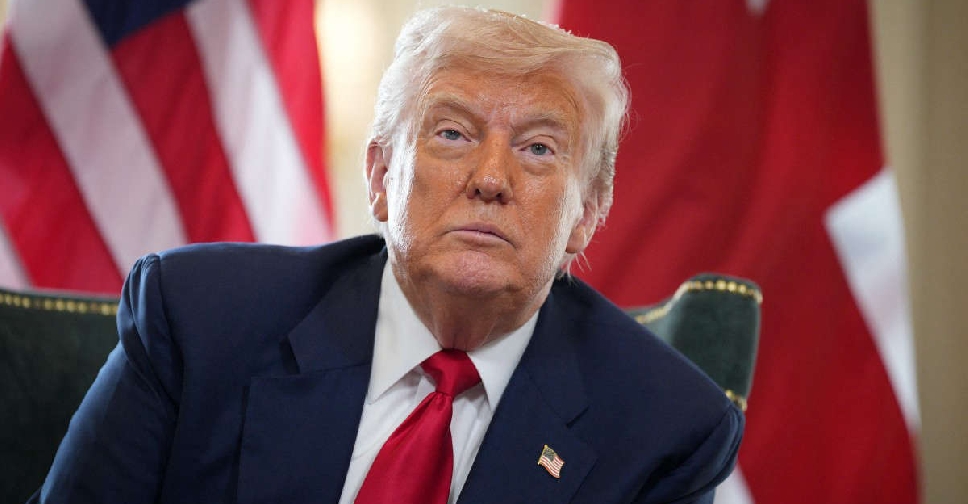 Trump pivots to new 15% global tariff after Supreme Court setback
Trump pivots to new 15% global tariff after Supreme Court setback
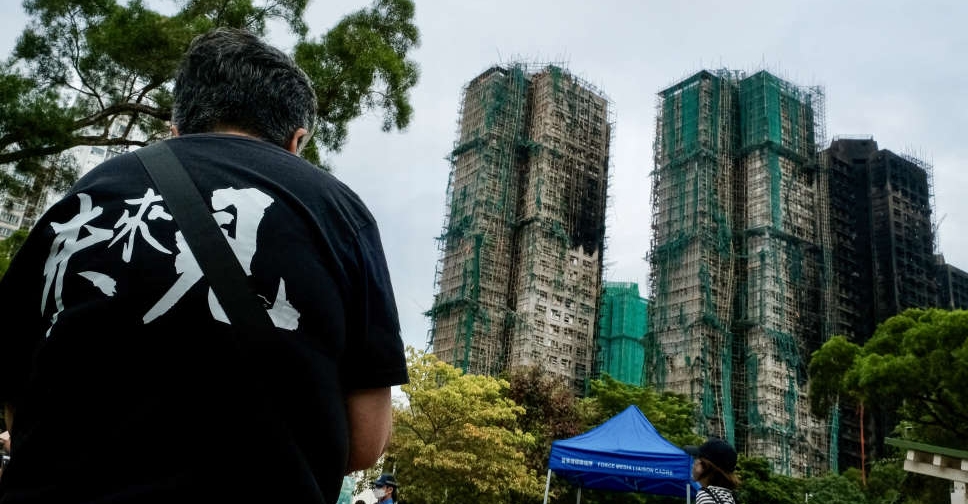 Hong Kong plans to buy homes devastated in deadly high-rise fire
Hong Kong plans to buy homes devastated in deadly high-rise fire
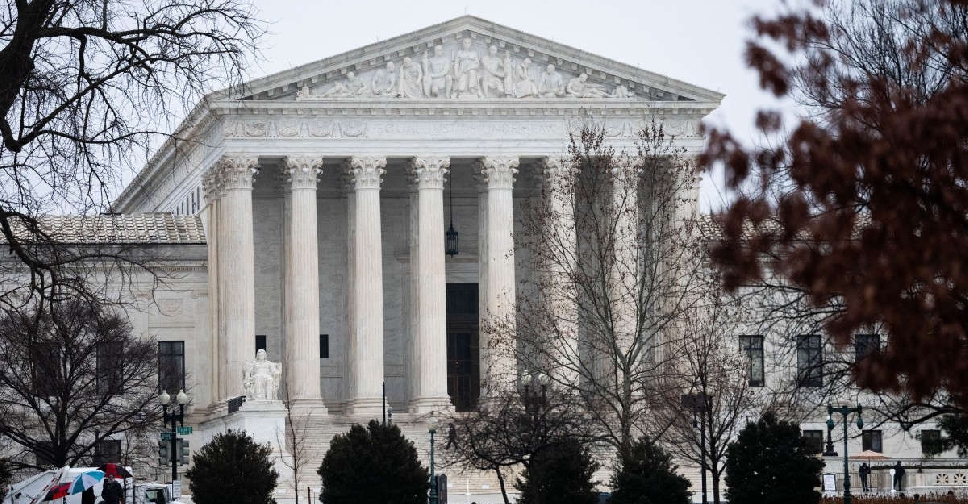 US Supreme Court strikes down Trump's global tariffs
US Supreme Court strikes down Trump's global tariffs
